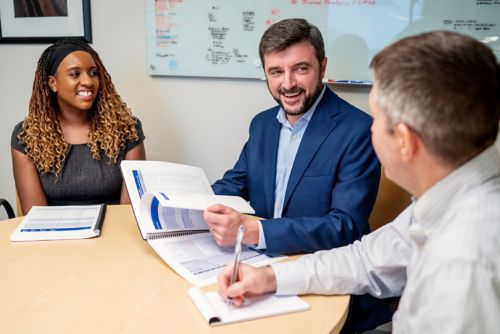The effects of cancer don’t end with treatment. Often survivors have side effects long after that may impact their ongoing health and wellbeing. By better understanding childhood cancer and its long-term effects, we can help make a difference in the lives of childhood cancer patients and survivors for generations to come.
The LTFU Study follows the health status of survivors and their siblings over time. If survivors in the study have different health outcomes when compared to their brothers and sisters, these results provide strong evidence about how cancer treatments affect long-term health.
The study’s research includes surveys, DNA banking, and programs to help survivors live healthier lives.

Learning about the effects of childhood cancer
You help us know more about:
- The needs of survivors
- The late effects of treatment
- Who is at risk for having treatment-related problems
- How to develop treatment strategies that will decrease the risk of late effects
- How to protect survivors’ health
The LTFU Study is one of the largest and longest-running research projects of its kind in the world.
25K
experiences shared
30+
years of stories documented
31
partner institutions
A uniquely important study
The LTFU Study is recognized internationally. It is one of the largest investigations of late effects outcomes, and the longest-running research project of its kind in the world.

Study design
This study is designed to follow survivors and some of their siblings throughout their lives. Through a questionnaire completed every few years, combined with health records and biological specimens, we further our understanding of survivor needs. Investigators may know this study as the Childhood Cancer Survivor Study (CCSS).
